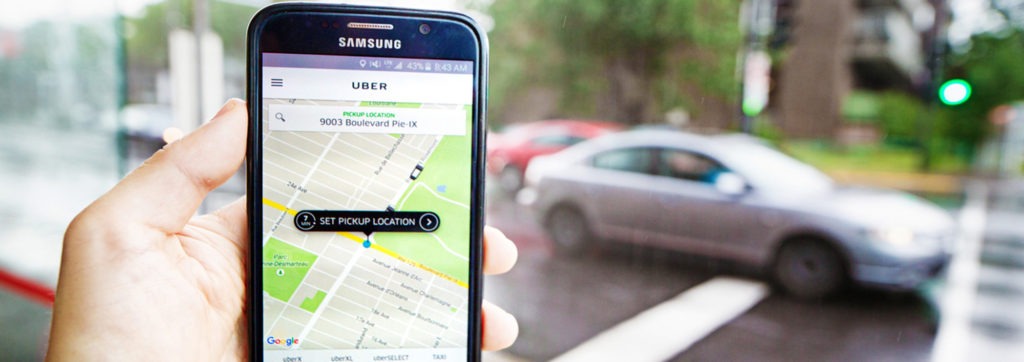Uber loses licence to operate in London as it is ‘not fit and proper’ to perform
25 September 2017

25 September 2017
Ride hailing service Uber is to lose its ability to operate in London, with the city’s transport authority stating that it was ‘not fit and proper to hold a private hire vehicle licence’.
Uber has 40,000 drivers in the city, with around 3.5 million users, taking around a third of the market share for private vehicle hire in London. The company has said it would appeal the ruling.
A statement from Transport for London (TfL) said: ′[We have] informed Uber London Limited that it will not be issued with a private hire operator licence after expiry of its current licence on 30 September.
′TfL’s regulation of London’s taxi and private hire trades is designed to ensure passenger safety. Private hire operators must meet rigorous regulations, and demonstrate to TfL that they do so, in order to operate. TfL must also be satisfied that an operator is fit and proper to hold a licence. We have concluded that Uber London Limited is not fit and proper to hold a private hire operator licence.’
Specifically, the regulator cited Uber’s approach to reporting serious criminal offenses, background checks on drivers and software called Greyball, which could be used to block regulators from gaining full access to the app.
London Mayor Sadiq Khan, a Labour politician who has criticised Uber in the past, said he backed the decision to reject its application for a new license. ′It would be wrong if TfL continued to license Uber if there is any way that this could pose a threat to Londoners’ safety and security,’ he said.
In an open letter response, Dara Khosrowshahi, CEO of Uber, said: ′We will appeal this decision on behalf of millions of Londoners, but we do so with the knowledge that we must also change. As Uber’s new CEO, it is my job to help Uber write the next chapter. We won’t be perfect, but we will listen to you (the customer), we will look to be long-term partners with the cities we serve and we will run our business with humility, integrity and passion.’
The ride hailing company has had a tough few months, being forced to quit countries such as Denmark and Hungry, as well as facing protests for its participation in shaking up long-established taxi markets, including in London. In addition, the company has been involved in a court case with rival Waymo, which accuses it of stealing trade secrets fundamental to its autonomous vehicle programme.
At the start of September, Uber was already planning for its future in London, stating that drivers will be banned from using vehicles that are not hybrid or electric from 2020, as the company looks to help the city reduce its high levels of air pollution.
Photograph courtesy of iStock